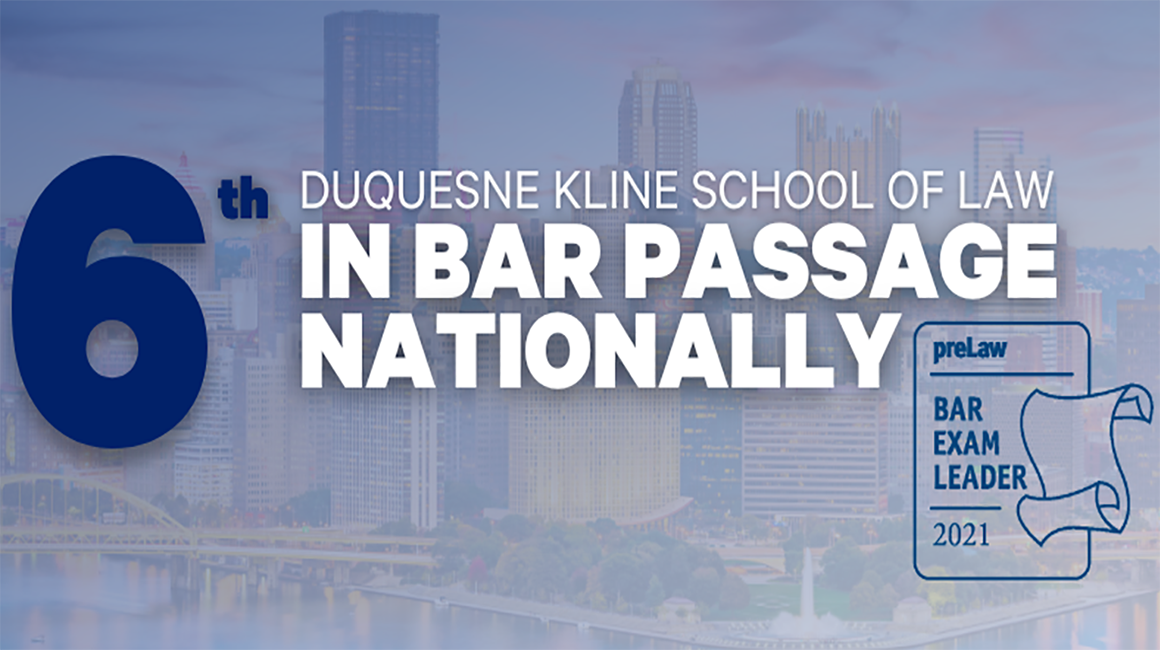Navigating the Path to the Bar: A Comprehensive Guide to Lawyer Colleges

The path to becoming a lawyer is a challenging but rewarding journey. It demands dedication, hard work, and a thirst for knowledge. At the heart of this journey lies legal education, provided by institutions known as lawyer colleges, which prepare aspiring legal professionals for the rigors of the profession.
This comprehensive guide delves into the world of lawyer colleges, exploring their various facets, providing insights into the admissions process, outlining the curriculum, and highlighting the diverse career paths available to graduates.
Understanding Lawyer Colleges: More than Just Law School
While the terms "law school" and "lawyer college" are often used interchangeably, there are subtle distinctions. "Law school" typically refers to a graduate-level institution that awards the Juris Doctor (J.D.) degree, the prerequisite for practicing law in most jurisdictions. "Lawyer colleges" encompass a broader spectrum, including both undergraduate institutions offering pre-law programs and graduate schools specializing in law degrees.
Key Features of Lawyer Colleges:
- Rigorous academic environment: Lawyer colleges emphasize critical thinking, analytical reasoning, and legal research and writing.
- Experienced faculty: Professors are often seasoned legal professionals with extensive practical experience, bringing real-world insights to the classroom.
- Diverse curriculum: Lawyers Colleges offer a wide range of courses covering various areas of law, such as criminal law, civil law, constitutional law, international law, and environmental law.
- Opportunities for practical experience: Many programs incorporate internships, clinics, and moot court competitions, allowing students to apply their knowledge in real-life settings.
- Strong alumni networks: Lawyer Colleges often boast extensive alumni networks that provide valuable career support and mentorship to graduates.

Choosing the Right Lawyer College: Factors to Consider
Selectively choosing the right lawyer college is crucial for future success. Here’s a guide to factors to consider during the selection process:
- Location:

Consider proximity to your preferred geographic practice area or your personal comfort level in relocating.

Reputation and Rankings: Research national and regional rankings, faculty profiles, and bar passage rates to gauge the institution’s academic excellence and reputation.
-
Specializations: Do specific areas of law interest you? Explore schools renowned for particular legal disciplines like environmental law, intellectual property, or international law.
-
Size and Culture: Determine the ideal learning environment – a large, bustling institution or a smaller, more intimate setting.
-
Cost and Financial Aid: Carefully evaluate tuition fees and explore scholarship and financial aid options to ensure affordability.
-
Career Services: Assess the strength of the career services department and its resources for internship placements, job search assistance, and networking opportunities.
The Road to Admission: Navigating Lawyer College Applications
Admission to lawyer colleges is competitive. Prepare for a multifaceted application process:
-
LSAT: The Law School Admission Test (LSAT) is a standardized test that assesses critical reading, logical reasoning, and analytical writing skills. Thorough preparation and practice are essential for success.
-
Academic Transcript: A strong undergraduate GPA is crucial. Colleges typically require a bachelor’s degree, preferably in a field that develops critical thinking and writing skills.
-
Personal Statement: This essay allows you to showcase your motivations for pursuing law, relevant experiences, and personal qualities that make you a suitable candidate.
-
Letters of Recommendation: Secure strong recommendations from professors, employers, or mentors who can attest to your academic abilities, work ethic, and character.
-
Resume: Highlight relevant experiences, such as internships, volunteer work, extracurricular activities, and leadership roles.
A Glimpse into the Lawyer College Curriculum: Developing Legal Expertise
The curriculum at lawyer colleges is designed to equip students with the theoretical foundations and practical skills necessary for a successful legal career.
-
Core Courses: Foundational courses cover core legal topics such as civil procedure, contracts, torts, criminal law, constitutional law, and legal research and writing.
-
Elective Courses: Students can specialize by choosing elective courses in areas of particular interest, such as intellectual property law, environmental law, international human rights law, or tax law.
-
Clinical Programs: Clinical experiences provide hands-on legal work under the supervision of experienced attorneys. Students may assist with cases, conduct legal research, or represent clients in specific legal matters.
-
Moot Court and Legal Writing Competitions: These competitions enhance students’ oral advocacy and legal writing skills, allowing them to present arguments effectively and persuasively.
Post-Graduation: Career Paths for Lawyer College Graduates
A law degree opens doors to a diverse range of career paths:
-
Private Practice: Joining a law firm to represent clients in various legal matters, such as corporate law, litigation, family law, or criminal defense.
-
Public Sector Work: Serving as government attorneys, prosecutors, public defenders, or judges, working in areas like constitutional law, environmental law, or human rights.
-
Nonprofit Organizations: Advocating for social justice causes, representing vulnerable populations, or providing legal services to those in need.
-
In-House Counsel:
Offering legal advice and support to corporations or organizations on a wide range of legal issues.
- Academic Law:
Pursuing careers in legal academia, conducting research, teaching law, and contributing to the advancement of legal scholarship.
Navigating the path to becoming a lawyer through these lawyer colleges is a challenging but ultimately rewarding journey. Understanding the options, evaluating programs, and preparing for the rigorous admissions process are crucial steps in embarking on this prestigious and impactful profession.
